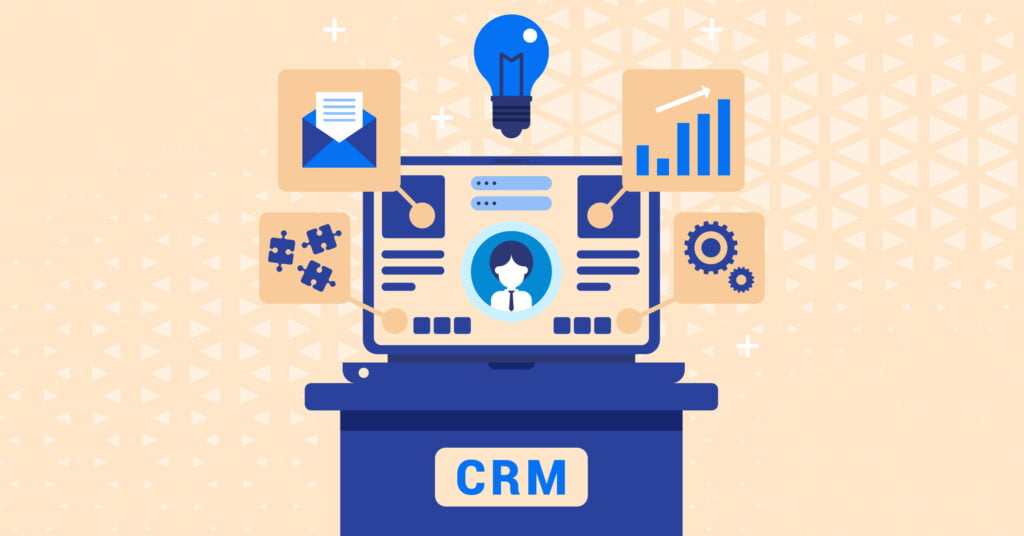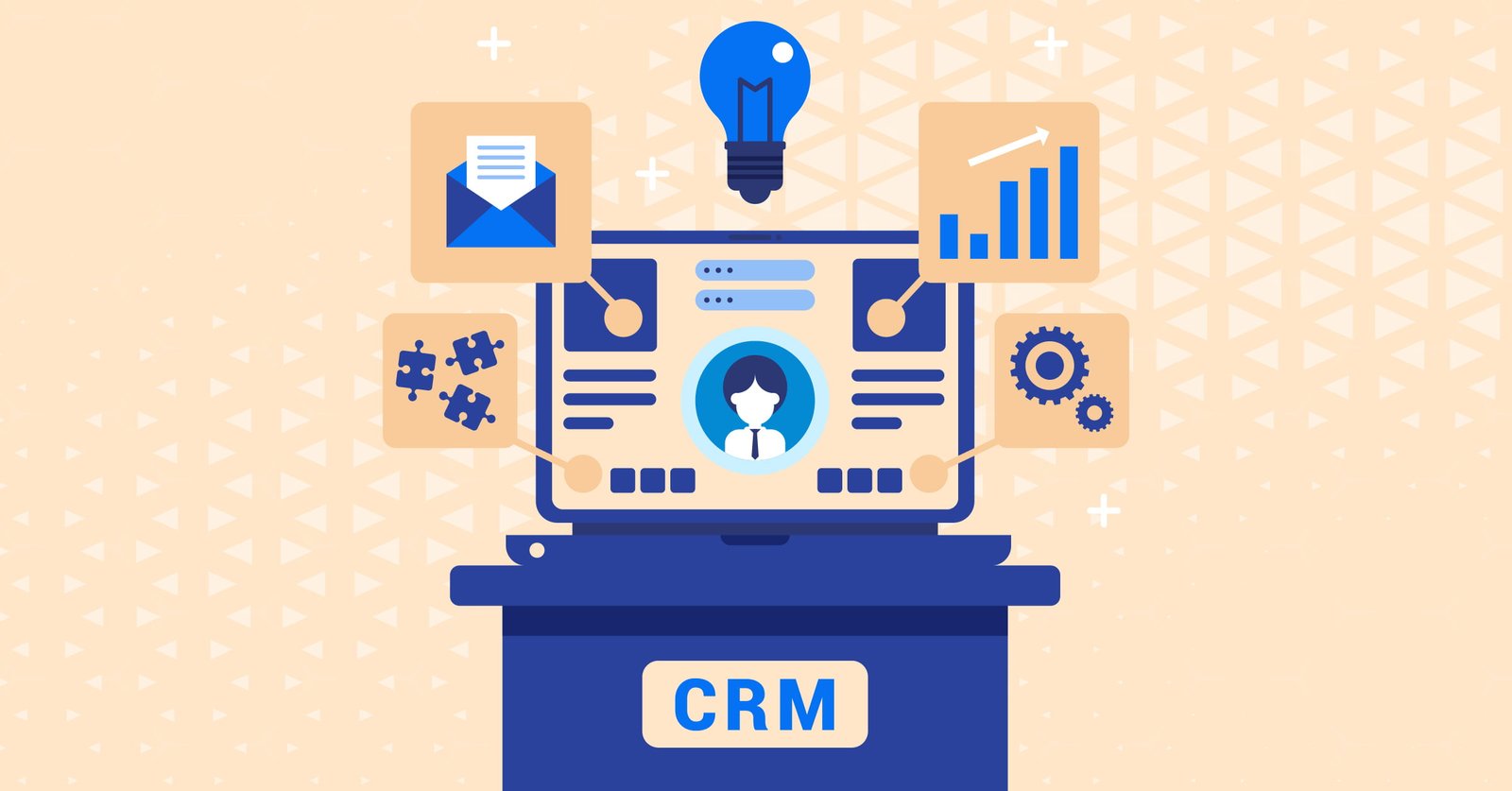
Customer relationships are the foundation of success in today’s fast-paced corporate world. Hence, CRM systems have evolved as critical tools and, most importantly, types of CRM testing. This is for managing connections, increasing revenues, and improving customer experiences.
Comprehensive CRM testing is essential for ensuring seamless customer relationships. This crucial process checks CRM solutions’ efficiency, correctness, and dependability. That too in real-world settings.
In this blog, we will look in-depth at the types of CRM testing. We analyze every area, from functional testing of fundamental features to security testing for important data protection. So let’s get started.
What is the importance of CRM testing?
Even the most advanced CRM systems today are only as good as their performance in real-world scenarios. The CRM test becomes crucial in this situation. CRM test is a meticulous and methodical procedure. One that assesses CRM products’ functionality, usability, security, and overall performance.
One of the critical reasons CRM testing is necessary is to verify that the system runs smoothly. It also reduces the possibility of malfunctions, mistakes in data, or disruptions in client contacts. Comprehensive testing assists in identifying and correcting problems before they affect customers. As a result, they maintain a positive brand image and client loyalty.
Different types of CRM testing also allow firms to validate the integration of their CRM systems. This is true for other critical applications like marketing automation and ERP systems. As a result, data communication is smooth, and operations across many corporate areas are streamlined.
Data security is another important part of the CRM test. CRM systems store a massive amount of sensitive customer data. In this day and age of data breaches and privacy concerns, ensuring the security of this data is critical. Thorough security testing aids in the identification of vulnerabilities. It also protects consumer data, which instills trust and confidence in customers.
Furthermore, CRM system performance testing is required to determine how the system handles user loads. As a result, it will be able to scale successfully as the customer base grows. Customers want prompt responses and pleasant encounters. As a result, performance testing guarantees that the CRM system can meet these requirements.
Now let’s head over and see the types of CRM testing in detail. Each of the test cases for CRM applications serves a different function. This makes it essential for you to know about it in-depth.
What are the different types of CRM testing?
In this section, we will look at the various types of CRM testing. We will break down complex concepts into simple and easy-to-understand language.
- Functional testing
Functional testing is used to validate the fundamental functionalities of a CRM system. It guarantees that duties like contact management and sales automation are functioning correctly. Businesses can uncover problems by undertaking functional testing. This is in these critical aspects, and correct them as soon as possible.
As a result, functional testing is the foundation of CRM testing. Because it tests the system’s capacity to perform its core functions successfully, this is one of the most popular types of CRM tests.
- User interface testing
The user-friendliness of the CRM system’s interface is the focus of UI testing. It determines if buttons, menus, and screens are simple to use and understand. Businesses may improve the entire user experience by ensuring a user-friendly UI. It can also shorten employees’ learning curves. As a result, UI testing has a direct impact on how well people embrace and use the CRM system.
- Performance testing
Performance testing determines how well a CRM system operates under various scenarios. It involves load testing, which analyzes how quickly the system responds. This occurs when multiple users access it at the same time. Stress testing also examines the system’s stability during peak usage or heavy workloads.
- Security testing
Security testing is critical in CRM systems. This is because they store sensitive client data. It also identifies potential vulnerabilities and guarantees that unauthorized individuals do not have access to sensitive data. Businesses may protect their consumers’ data by doing extensive security testing. They can also keep their faith and allegiance.
Let’s head over and look at some additional types of CRM testing.
What are some additional types of CRM testing?
In this section, we move further and look at some more types of CRM testing. So let’s take a look:
- Integration testing
CRM systems frequently connect with other programs, which necessitates integration testing. ERP and marketing automation software are examples of this. Integration testing certifies how well these systems interact with one another.
Integration testing also guarantees that data is exchanged smoothly. Businesses can accomplish seamless processes when the CRM system is well-integrated. Furthermore, they can achieve precise data across multiple platforms.
- Testing for data migration
Testing for data movement is critical. This is when a company transitions from an old CRM system to a new one. It ensures that all data is transported accurately and without loss or damage. Companies can avoid data conflicts by completing data migration testing. They can also ensure that consumer data is not lost during the changeover.
- Mobile CRM testing
As mobile devices become increasingly common, mobile CRM testing has grown in importance. It evaluates how well the CRM system works. This is available on a variety of mobile devices and operating systems. It also puts the smartphone app’s offline capabilities to the test. As a result, staff can access essential information even without an Internet connection.
- Testing for usability
End-user feedback is gathered during usability testing. This is done to discover any problems or opportunities for improvement. It also assists firms in comprehending how people engage with the CRM system. Furthermore, they help in understanding what modifications can improve their experience. Businesses can optimize their CRM systems by including usability testing. This is done to satisfy the demands and preferences of users successfully.
Now let’s move ahead and look at the strategies you can adopt under these types of CRM testing to maximize benefits.
You should read also about The Ultimate Localization Testing Tools Guide
How do you maximize the benefits of CRM testing?
In this section, we will look at some ideal strategies for the types of CRM testing. This will help you become more efficient in the various types:
- Functional testing
- Develop comprehensive test cases covering various scenarios. This is to ensure thorough validation of core functionalities.
- Prioritize critical functionalities and high-impact areas. This is to focus testing efforts effectively.
- User Interface (UI) testing
- Involve end-users in UI design reviews. This gathers feedback and ensures a user-friendly interface.
- Test the UI across multiple devices and screen sizes. This guarantees consistency and responsiveness.
- Performance testing
- Determine realistic user load scenarios. It should be based on expected usage patterns to replicate real-world conditions.
- Monitor system performance during peak usage periods. This is to identify and address potential bottlenecks.
- Security testing
- Conduct regular security audits and vulnerability assessments. This is to identify potential weaknesses proactively.
- Implement secure coding practices and review third-party integrations. This is for potential security risks.
- Integration testing
- Develop well-defined integration test cases that cover different data exchange scenarios. This is between CRM and other systems.
- Coordinate testing efforts with the teams. The ones responsible for the integrated applications to ensure smooth data synchronization.
- Testing for data migration
- Create data migration test plans that encompass validation of data integrity, completeness, and accuracy.
- Perform mock data migrations to identify and resolve potential issues. This should be before executing the final migration.
- Mobile CRM testing
- Prioritize mobile platforms and devices based on user preferences and market share for targeted testing.
- Test the mobile app in various network conditions. This is to ensure functionality in both online and offline scenarios.
- Testing for usability
- Employ actual end-users or representative personas. This is to participate in usability testing for authentic feedback.
- Focus on everyday user tasks and workflows to address usability pain points effectively.
Conclusion
A CRM test is crucial for unmatched customer experiences. As that is one of the primary elements in achieving success as a business, getting into it is also vital. By following this blog, you will be able to gauge an understanding of the various types of CRM testing. This will help you understand which type suits you best and will get you results. So what are you waiting for? Get started now!




Leave a Reply